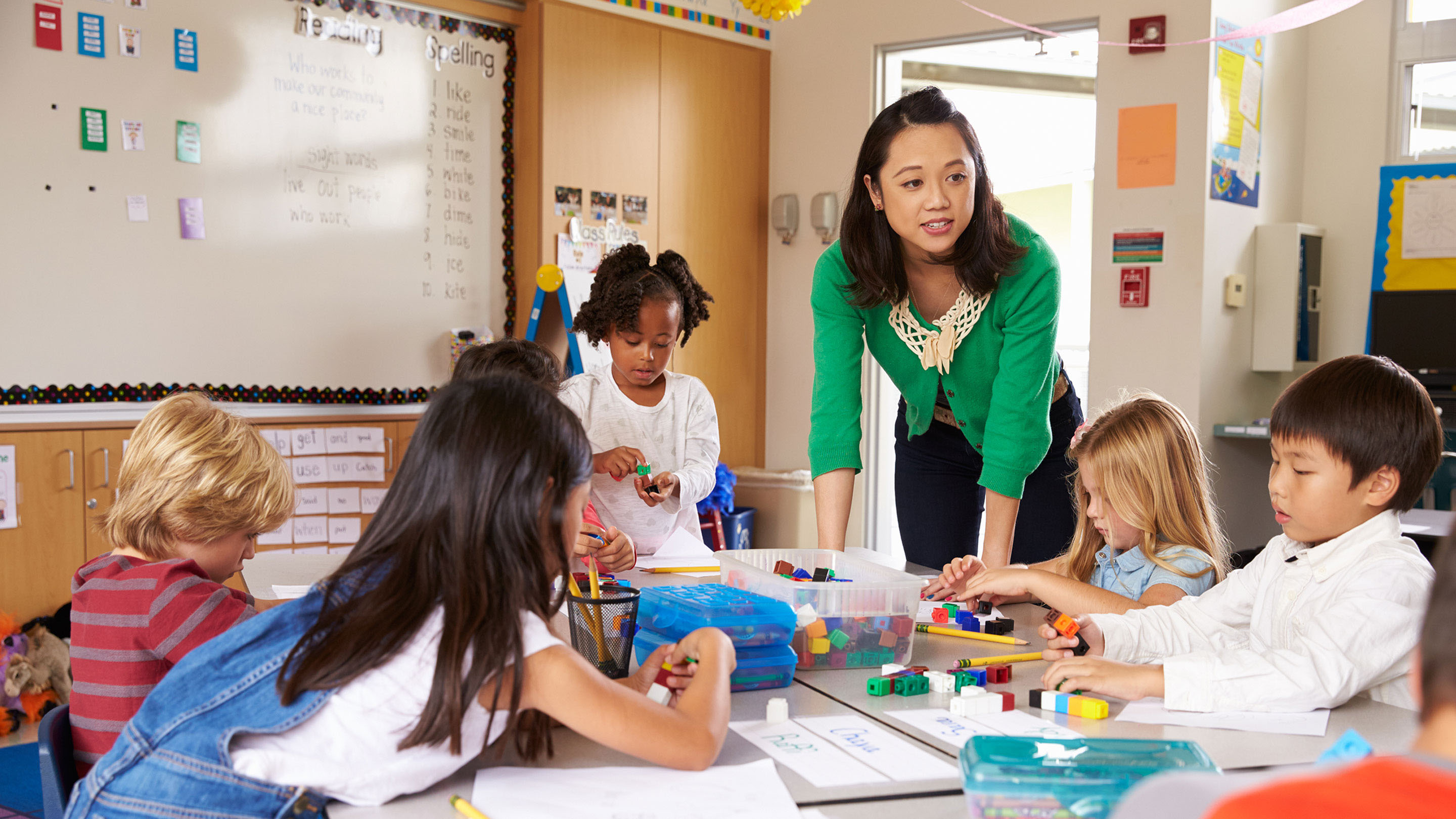Accelerate Learning with Primary Science Tuition Singapore for Young Minds
Accelerate Learning with Primary Science Tuition Singapore for Young Minds
Blog Article
Discover the Vital Advantages of Understanding Key Science for Young Learners
The significance of key scientific research education and learning for young students expands much past plain knowledge purchase; it serves as a basic column in creating necessary skills such as vital thinking, analytic, and imagination. Engaging with clinical ideas through inquiry-based and interactive tasks not only grows curiosity yet additionally lays the groundwork for resistant, certain learners.
Enhancing Crucial Thinking Skills
Promoting important believing skills in young learners is important for their cognitive development and future scholastic success. Critical thinking enables youngsters to assess info, review proof, and make notified choices, which are important skills in today's information-rich culture. By engaging in clinical questions, young students can boost these abilities as they explore principles with observation, reasoning, and trial and error.
In key scientific research education, educators can help with important reasoning by encouraging pupils to ask inquiries, formulate theories, and carry out experiments. This hands-on strategy enables kids to exercise analytic and develop sensible reasoning skills. For instance, when pupils investigate the residential properties of materials or the principles of motion, they learn to examine their findings critically and draw final thoughts based on evidence.
Furthermore, discussions and collective tasks can advertise important thinking by supplying possibilities for students to express their thoughts, obstacle assumptions, and take into consideration diverse perspectives. By developing a helpful atmosphere that values questions and reflection, teachers can nurture essential believing skills that encourage young students to end up being independent thinkers and long-lasting learners. Ultimately, improving these skills lays a robust foundation for their future academic undertakings and personal growth.
Promoting Interest and Expedition

Primary science education and learning gives a structured atmosphere where young students can discover various phenomena with hands-on experiments and monitorings. By permitting them to connect with materials and take part in inquiry-based discovering, educators create chances for children to develop hypotheses, examine their concepts, and attract verdicts. Such experiences nurture a feeling of marvel and excitement about science.

Building Confidence in Problem Resolving
Building confidence in problem-solving is a critical element of main science education and learning that empowers young students to come close to difficulties with strength and creativity - primary science tuition Singapore. When youngsters are urged to involve with scientific ideas via hands-on activities and inquiry-based learning, they develop vital skills in essential thinking and evaluation. This procedure not just enhances their understanding of clinical concepts yet additionally fosters a sense of ownership over their understanding
To construct confidence, teachers need to produce a helpful setting where mistakes are deemed possibilities for development as opposed to failures. This encourages pupils to take dangers and discover numerous services their website to problems. By offering scaffolding and assistance, teachers can assist students navigate intricate tasks, progressively boosting their independence in analytical situations.
Furthermore, collective knowing experiences, such as group jobs or experiments, can even more boost trainees' confidence as they learn to express their ideas and pay attention to others' point of views. These communications nurture social abilities and strengthen the idea that problem-solving is often a cumulative endeavor. Inevitably, growing self-confidence in analytic prepares young students for future scholastic difficulties and outfits them with the devices required for long-lasting knowing.
Encouraging Imagination and Advancement
In the realm of key science education, motivating creative thinking and advancement is crucial for growing a dynamic understanding setting. By cultivating a society where young students can discover concepts and experiment freely, educators help trainees establish essential believing skills and an interest for discovery. Creative thinking in scientific research motivates children to ask questions, create hypotheses, and engage in hands-on activities that boost their creativity.
Integrating flexible jobs and inquiry-based learning into the educational program enables pupils to express their unique point of views and options. As an example, when entrusted with resolving a problem associated to their atmosphere, pupils can brainstorm several methods, causing innovative results that display their originality. This not just strengthens their understanding of clinical ideas but likewise instills a feeling of ownership over their knowing procedure.
Additionally, innovative science education and learning nurtures cooperation amongst peers, as students often share concepts and develop on one another's insights - primary science tuition Singapore. This collaborative spirit advertises not only advancement but additionally crucial social skills. Therefore, by prioritizing creativity and technology in primary scientific research education and learning, we encourage young students to think critically, accept obstacles, and envision possibilities, laying moved here a strong structure for long-lasting knowing and exploration
Getting Ready For Future Learning Obstacles
Young learners' capability to browse future learning challenges rests on a solid structure in key science education and learning. This foundational understanding furnishes trainees with important believing skills and a systematic technique to analytic, essential for dealing with complicated concerns in an ever-evolving world. Key scientific research cultivates inquiry-based learning, encouraging pupils to ask questions, discover theories, and engage in hands-on experiments.
As they establish these abilities, learners become skilled at analyzing data, recognizing patterns, and attracting educated conclusions. Such competencies are vital not just in scientific fields however also in math, engineering, and technology (STEM), where interdisciplinary expertise is increasingly important.
Moreover, main science education grows a sense of interest and durability in young students, enabling them to view challenges as opportunities for growth. As they run into and get rid of obstacles in their clinical explorations, they construct confidence in their capability to innovate and adjust.
Ultimately, a strong structure in primary scientific research not just prepares young students for scholastic searches yet additionally equips them with the tools essential for lifelong understanding and flexibility in a quickly altering worldwide landscape. By investing in main science education, we are buying the future potential of our students.
Conclusion
Recognizing primary scientific research is important for young learners, as it cultivates crucial reasoning, curiosity, and creative thinking. Involving with clinical principles with hands-on experiments improves problem-solving capabilities and develops durability. This foundational understanding not just equips trainees to assess information and acknowledge patterns yet additionally supports an inquiry-based way of thinking. Ultimately, the advantages of main scientific research education prepare kids for future academic quests and instill lifelong learning habits important for thriving in an ever-evolving world.
The significance of primary science education for young students extends far past simple knowledge procurement; it serves as a fundamental pillar in creating crucial skills this article such as important reasoning, analytic, and imagination. By developing a supportive environment that values inquiry and representation, instructors can support vital assuming abilities that empower young students to end up being lifelong learners and independent thinkers. Thus, by prioritizing imagination and innovation in primary scientific research education and learning, we encourage young students to believe critically, embrace obstacles, and envision opportunities, laying a strong structure for long-lasting knowing and expedition.
Young learners' capability to browse future learning difficulties hinges on a strong foundation in primary scientific research education.Understanding main science is critical for young students, as it cultivates crucial reasoning, inquisitiveness, and imagination.
Report this page